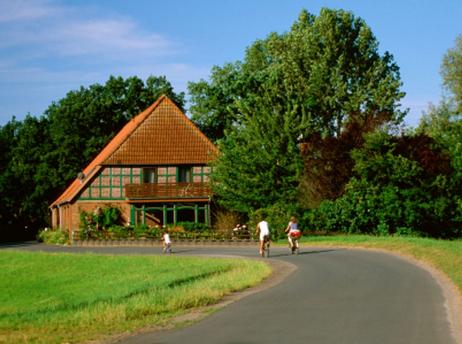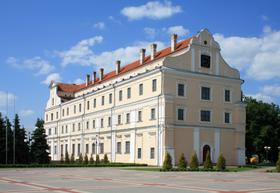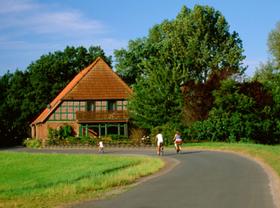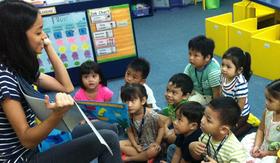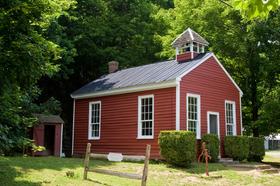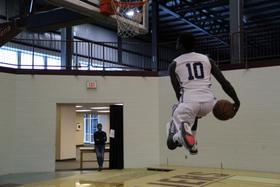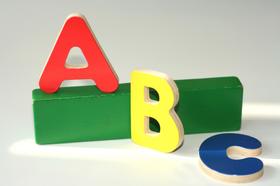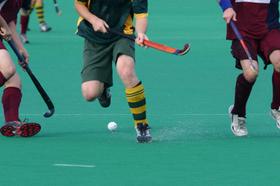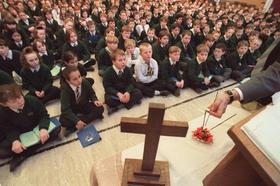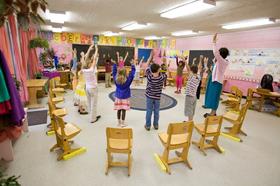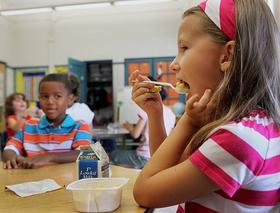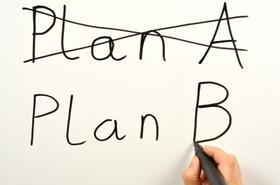"Honey! They want me to run the Berlin office. It's a great promotion. They want us there in two months." After congratulating your wife on her thrilling new assignment, reality sets in as you wonder what you will do about your children's education. Will they be able to attend a school with classes taught in English? Will the curriculum follow American standards or foreign ones?
Relax. Your wife's overseas assignment has many perks, one of which is that her employer will pay for your children's educational expenses at a private school while you are abroad. Your children will be taught in English to international standards. Of course, if you prefer to have them attend schools where they will be taught in a foreign language, that will be an option. Most expats keep things simple and have their children attend international schools with classes mostly in English. Let's explore what's involved in educating your children overseas.
International Schools
You can find international schools in almost every major city outside the United States. International schools offer instruction in English and the usual kind of college preparatory curriculum you would expect to find in an American high school, public or private. International schools offer Advanced Placement courses and International Baccalaureate programs.
This video offers us a glimpse of what the Berlin Brandenburg International School offers.
You will find so-called American schools in many major cities with many Americans. These schools will make your children feel like they have never

